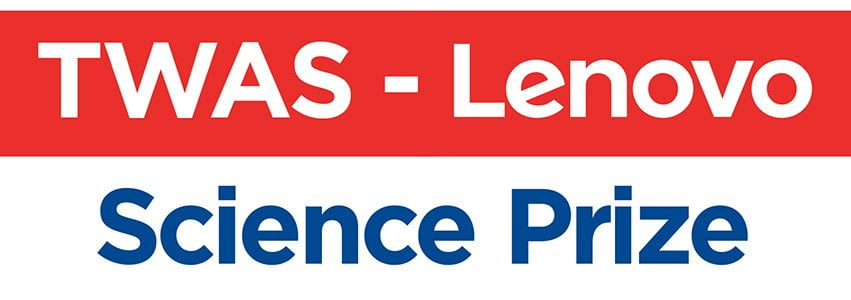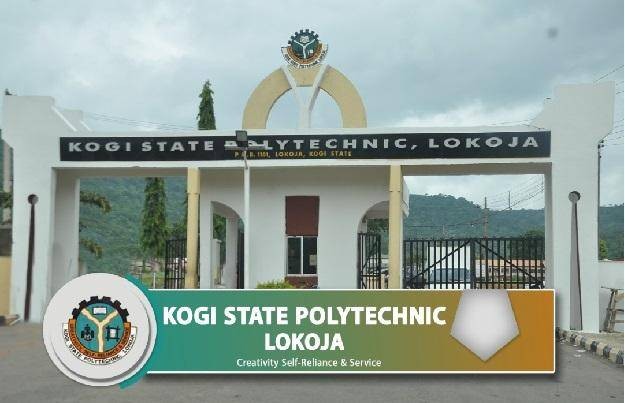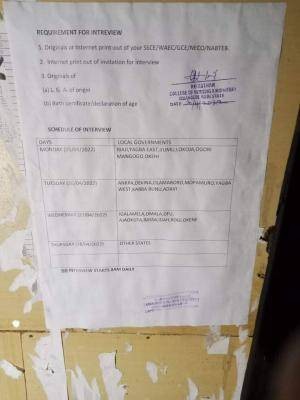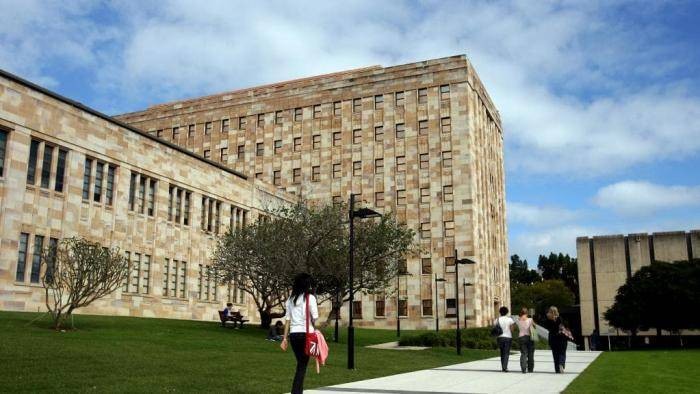

The TWAS-Lenovo Science Award is one of the most prestigious honours given to scientists from the developing world. In 2020 the award will be given for outstanding achievements in Agricultural Sciences.
Lenovo is a US$50 billion Fortune Global 500 company, with 57,000 employees and operating in 180 markets around the world. Focused on a bold vision to deliver smarter technology for all, they are developing world-changing technologies that create a more inclusive, trustworthy and sustainable digital society. By designing, engineering and building the world’s most complete portfolio of smart devices and infrastructure, they are also leading an Intelligent Transformation – to create better experiences and opportunities for millions of customers around the world.
The rapid growth Lenovo has recently experienced in emerging markets has prompted the company to partner with TWAS to launch a high-level prize to give international recognition and visibility to individual scientists in the developing world for their outstanding scientific achievements.
TWAS-Lenovo Science Prize Eligibility.
- Candidates must be nationals of a developing country and must have lived and worked in a developing country for the last 10 years.
- The prize will only be awarded to individuals for scientific research of outstanding international merit carried out at institutions in developing countries.
- Jury members and previous winners of the Trieste Science Prize (also administered by TWAS) are not eligible for the TWAS-Lenovo Science Prize.
TWAS-Lenovo Science Prize Award.
- The TWAS-Lenovo Science Award will carry a monetary award of USD $100,000 provided by Lenovo, as well as a medal and a certificate highlighting the recipient’s major contributions to science. The award will be presented to the recipient at a special ceremony arranged by TWAS.
How to Nominate for TWAS-Lenovo Science Prize.
Nominations are invited from TWAS members, selected individuals, as well as from science academies, national research councils, universities and scientific institutions. Nominations of women scientists are particularly encouraged. Self-nominations and nominations from jury members will not be accepted.
A nomination is considered complete only if includes all of the following information/material:
- Nominator contact details
- Nominee contact details (self nominations are not accepted) and general infomation on the nominee, including the country where he/she has been working and living in the past 10 years
- Brief suggested citation (no more than 15 words) highlighting the nominee’s outstanding scientific achievement in Agricultural Sciences
- Supporting statement of about 200 words summarizing the scientific achievements of the nominee
- 5-6 page narrative write-up of the candidate highlighting his/her major scientific achievements
- Information on PhD (degree, year, awarding institution)
- Information of any time spent abroad in the past ten years
- The nominee’s brief CV and her/his complete list of publications are also to be uploaded, separately, onto the online platform.
- A list of no more than 20 of his/her most significant publications.
- Information on previous awards, honours, recognition received by the nominee
- Google Scholar h-index and number of citations
- Authorization from the nominee to process his/her personal data for the purposes of his/her nomination, in conformity to Art. 13 of the Italian Legislative Decree 196/2003. This authorization can only be submitted through the online platform
Nominate Here Official Link
Similar Posts:
The deadline for receiving nominations is 10 March 2020, however we strongly recommend that you do not wait until the deadline but submit the nomination as early as you can to enable us to process it as quickly as possible.
RECOMMENDED: Check Here for More Scholarships and Opportunities.




